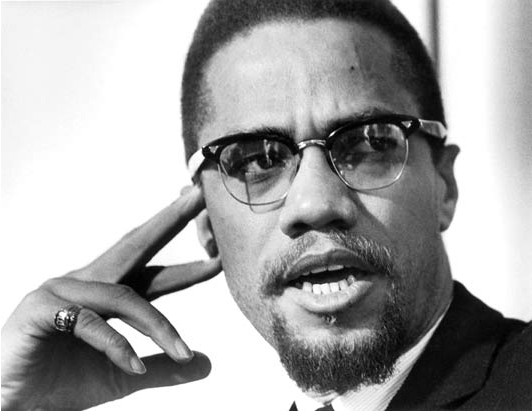 The Fourth Stage of Grief: Depression
The Fourth Stage of Grief: Depression
Well everybody, I finally made it through the 4th stage of grief–depression. My suffering will forever be linked with my Auntie dying, but really, my suffering comes from a collection of issues deriving from a common source. My issues are mostly mental, even though my body is still acting up on me. I love that my journey is from the ground up; I believe this is the way to appreciate the depths of how hollow my consciousness had become.
The fourth stage is rough and filled with fear. Fear is a complex set of emotions that originate from a banal source. This source of fear is always in the same place–very boring–but since the emotions are so intense, my mind tries to fool itself into believing that some external event has manifested some brand knew “mega-fear 2011.” No sir, same fear, different expression. It is a mind-fcuk.
While depression permeates throughout the mind and body, as Elisabeth Kübler-Ross puts it in her 1969 book, On Death and Dying, we ask questions like: “I’m so sad, why bother with anything?”; “I’m going to die… What’s the point?”; “I miss my loved one, why go on?”
Kübler-Ross points out that people have to let themselves go through this process and embrace the depression, but they cannot stay in this place of despair. Our “civilized” culture frowns upon this stage mainly because of the lack of production inherent to depressive states. People around you become obnoxious because they are usually stuck in the first stage of denial. Moreover, since their perception of you is similar to the State’s, they make ridiculous comments to you that play out in the following exchanges:
Them: “Hey Buddy, don’t you want to go outside and get some sunshine; You know Vitamin D is an essential vitamin according to ‘experts.’”
You: “Leave me the hell alone before I go outside and jump of the ledge, asshole
Them: “You think you need me to pick up your doctor prescribed Zoloft. The commercial says that ‘while the cause is unknown, it may be related to chemical imbalances in your brain, and you just shouldn’t have to feel like this anymore.’”
You: “I know why I’m depressed, civilization as I have come to it, is coming to an end. Why would you give me some chemicals to help with a chemical imbalance. Why don’t go outside and start garden, so we can eat when the supermarkets start running short on fresh produce. Oh I forgot, you’re still in denial.
Conversations like these were best captured in the film, Office Space. No need to go through that cult experience, but I do want to mention that we need a full-scale overhaul on how we treat depression.
I moved, on my own, out of this depressive phase into acceptance without any drugs or “expert” advice. I looked at fear and embraced it. I fell to my knees and talked to myself, no one or nothing else. I felt the presence of love take over my mind and body, and I knew I had finally accepted my destiny:
I’ll never be monetarily rich–it’s all fiat currency anyway; it will be worthless in the coming years anyway. Non-GMO seeds will be a much more valuable currency in the years to come.
I will change what it means to talk health and fitness–no more vain expressions of fitness and nutritional goals. If fitness is not mentioned with survival, and nutrition not mentioned with sustainability, it’s not matter of semantics, but a question of mental illness and narcissism.
I will stay inclusive to anybody who is interested in helping as many people transition in the coming years toward an healthier and balanced life. We cannot pretend that OIL will continue to power our civilization.
I will never be a pessimist, because to be a pessimist means that human life is an academic matter–roughly translated quote of James Baldwin.
Acceptance is a great stage because it’s all action. We’ll either survive or die, either way, it will be a glorious act of respect for our common ancestor–EARTH!




🙂 I love it and I am very proud of ya!